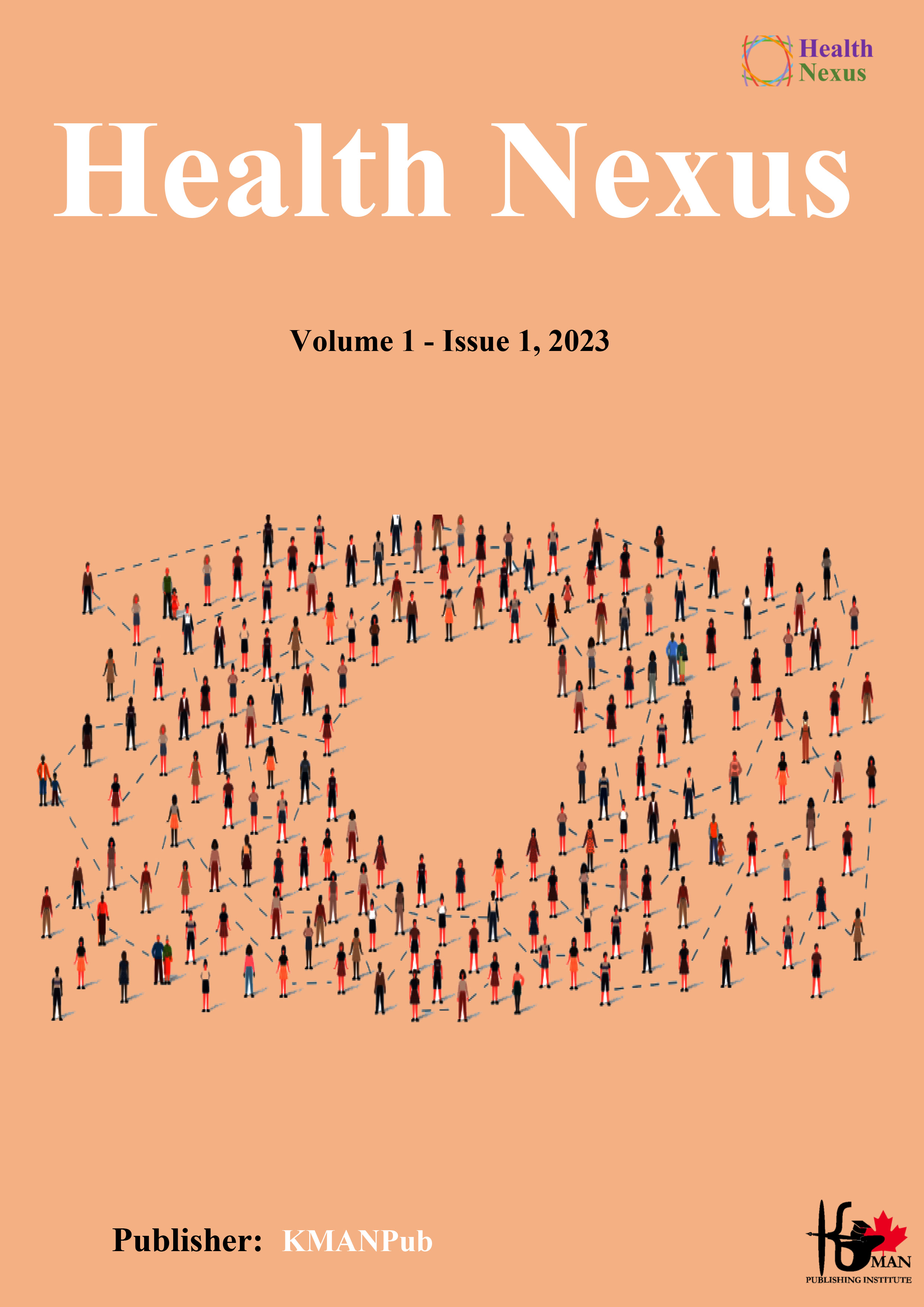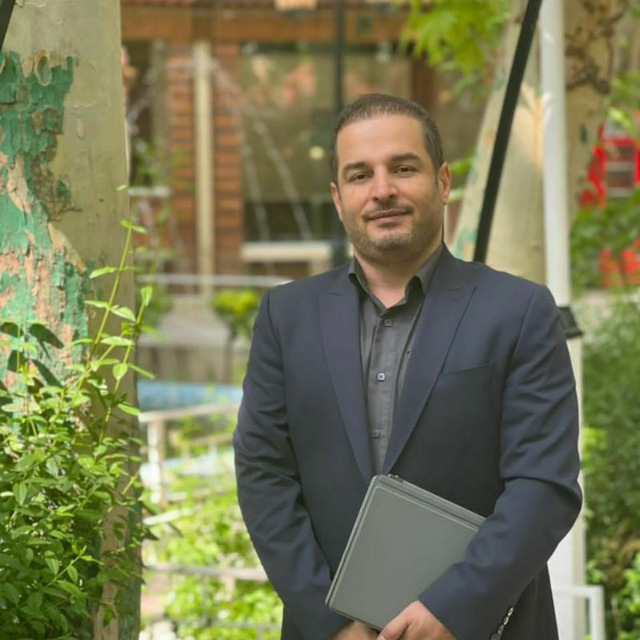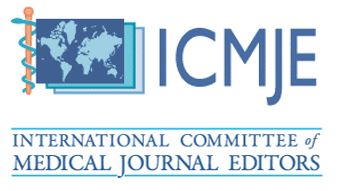A Model for Explaining Depression Based on Demoralization Syndrome with the Mediation of Guilt in Caregivers of Patients with Life-Threatening Illnesses
Abstract
The present study aimed to explain the model of depression based on demoralization syndrome with the mediating role of guilt in caregivers of elderly patients with life-threatening illnesses (cancer, stroke, and heart disease). A descriptive-correlational method using structural equation modeling was employed. A sample of 240 individuals was conveniently selected from the oncology, CCU, and ICU wards of Imam, Fatemeh Zahra, Bu Ali Sari, and Razi Qaemshahr hospitals. Participants responded to the Beck Depression Inventory (1996), the Kissane Demoralization Scale (2004), and the Eysenck Guilt Scale (2007). Data were analyzed using SPSS and Amos software. The results of the data analysis indicated that the model of depression based on demoralization syndrome with the mediation of guilt in caregivers of elderly patients with life-threatening illnesses can be explained. Demoralization syndrome has a direct effect on depression in caregivers of elderly patients with life-threatening illnesses. Demoralization syndrome has a direct effect on guilt in caregivers of elderly patients with life-threatening illnesses. Guilt has a direct effect on depression in caregivers of elderly patients with life-threatening illnesses. Demoralization syndrome has an indirect effect on depression through the mediating role of guilt in caregivers of elderly patients with life-threatening illnesses. Based on the findings, it can be concluded that in interventions aimed at reducing depression in caregivers of elderly patients with life-threatening illnesses, special attention should be paid to the variables of demoralization syndrome and guilt.
Downloads
References
1. Aghajani A, Nazari A, Zehrakar K. Examining psychological distress in married children caring for elderly parents (A qualitative study). Journal of Aging. 2018;13(3):243-60. [DOI]
2. Lundvall M, Hörberg L, Palmér L, Carlssona G, Lindber G. Young men's experiences of living with existential concerns: "living close to a bottomless darkness". International Journal of Qualitative Studies on Health and Well-Being. 2020;15:1810947. [PMID: 32854600] [PMCID: PMC7482899] [DOI]
3. Lee JH. Existential issues and psychosocial interventions in palliative care. Korean Society for Hospice and Palliative Care. 2020;23(4):167-71. [PMID: 37497471] [PMCID: PMC10332729] [DOI]
4. Kazemi A, Hazimian C, Mafi M, Matlabi SA. The relationship between caregiver burden and dependency level of elderly stroke patients. Faculty of Nursing Journal. 2018.
5. Jaracz K, Grabowska-Fudala B, Górna K, Kozubski W. Caregiving burden and its determinants in Polish caregivers of stroke survivors. Archives of Medical Science. 2014;10(5):941. [PMID: 25395945] [PMCID: PMC4223139] [DOI]
6. Chan WCH, Yu CTK, Kwok DKS, Wan JKM. Prevalence and factors associated with demoralization in palliative care patients: A cross-sectional study from Hong Kong. Palliative and Supportive Care. 2022:1-9. [PMID: 36052852] [DOI]
7. Wu C, Rong J. Relocation experiences of the elderly to a long-term care facility in Taiwan: a qualitative study. School of Nursing, National Taipei University of Nursing and Health Sciences, Taipei, Taiwan. 2020. [DOI]
8. Grosbois JM, Gephine S, Kyheng M, Le Rouzic O, Chenivesse C. Improving the well-being in caregivers of patients with COPD using a home-based pulmonary rehabilitation program. ERJ Open Research. 2022. [PMID: 36655219] [PMCID: PMC9835991] [DOI]
9. Johansen S, Cvancarova M, Ruland C. The Effect of Cancer Patients' and Their Family Caregivers' Physical and Emotional Symptoms on Caregiver Burden. Cancer Nursing. 2018;41:91-9. [PMID: 28426539] [DOI]
10. Rodrigo-Baños V, Moral-Pairada Md, González-de Paz L. A Comprehensive Assessment of Informal Caregivers of Patients in a Primary Healthcare Home-Care Program. International Journal of Environmental Research and Public Health. 2021;18:11588. [PMID: 34770102] [PMCID: PMC8583293] [DOI]
11. Park Y, Kim Y. The relationship among financial support for offspring caregiving to parents, preparation for their own old age and depression of baby-boomers. Advance Science and Technology Letters. 2016;131:78-82. [DOI]
12. Chen P, Fyffe DC, Hreha K. Informal caregivers' burden and stress in caring for stroke survivors with spatial neglect: an exploratory mixed-method study. Topics in Stroke Rehabilitation. 2017;24(1):24-33. [PMID: 27216085] [DOI]
13. Soudagar S, Ramid M. Prevalence of depression, anxiety, and stress in caregivers of stroke patients. Sadra Medical Sciences Journal. 2018;6(3):185-94.
14. Menon B, Salini P, Habeeba K, Conjeevararam J, Munisusmitha K. Female caregivers and stroke severity determines caregivers stress in stroke patients. Annals of Indian Academy of Neurology. 2017;20(4):418. [PMID: 29184350] [PMCID: PMC5682751] [DOI]
15. Naderi N, Khalili Y, Ansari-Far A, Ghaddaroust B, Bakhshi A. The impact of supportive interventions on resilience and quality of life in family caregivers of patients with advanced heart failure. Cardiovascular Nursing Journal. 2018;7(2):21-33.
16. Baghcheghi N, Kohestani H. Comparing the level of depression and quality of life between hemodialysis patients and their spouses. Ibn Sina Nursing and Midwifery Care Journal. 2019(2676-5748).
17. Sun X, Ge J, Meng H, Chen Z, Liu D. The influence of social support and care burden on depression among caregivers of patients with severe mental illness in rural areas of Sichuan, China. International Journal of Environmental Research and Public Health. 2019;16(11). [PMID: 31159499] [DOI]
18. Kang L, Ju Y, Zou C. The mediating role of self-efficacy in sleep disorder and depressive symptoms among Chinese caregivers of stroke inpatients: A structural equation modeling analysis. Neuropsychiatric Disease and Treatment. 2021:3635-42. [PMID: 34934316] [PMCID: PMC8684603] [DOI]
19. Vesal M, Nazari-Nia M. Predicting depression and sleep quality based on rumination and its components (brooding and reflection) in patients with rheumatoid arthritis. Thought and Behavior. 2016;11(41).
20. Amiri Z, Amiri Z. Examining a model for predicting depression based on illness perception and sleep quality mediated by pain catastrophizing in patients with diabetes. Scientific-Research Quarterly of Diabetes Nursing. 2016;4(2):48-58.
21. Segrin C, Badger T, Sikarskil A, Crane T, Pace T. A dyadic analysis of stress process in Latinas with breast cancer and their family caregivers. Psycho-Oncology. 2018;27(3):838-46. [PMID: 29125677] [DOI]
22. Berking M, Wupperman P. Emotion regulation and mental health: recent findings, current challenges, and future directions. Current Opinion in Psychiatry. 2012;25(2):128-34. [PMID: 22262030] [DOI]
23. Saria MG, Nyamathi A, Phillips LR, Stanton AL, Evangelista L, Kesari S, et al. The hidden morbidity of cancer: burden in caregivers of patients with brain metastases. Nursing Clinics of North America. 2017;52(1):159-78. [PMID: 28189161] [PMCID: PMC10239524] [DOI]
24. Vehling S, Kissane DW, Lo C, Glaesmer H. The Association of Demoralization With Mental Disorders and Suicidal Ideation in Patients With Cancer. Cancer. 2017. [PMID: 28472548] [DOI]
25. Vehling S, Kissane DW. Existential distress in cancer: alleviating suffering from fundamental loss and change. Psycho-Oncology. 2018;27(11):2525-30. [PMID: 30307088] [DOI]
26. Luck T, Luck-Sikorski C. Feelings of Guilt in the general adult population: prevalence, intensity and association with depression. Psychology, Health & Medicine. 2020;26(9):1143-53. [PMID: 33295786] [DOI]
27. Levinson CA, Byrne M, Rodebaugh TL. Shame and guilt as shared vulnerability factors: Shame but not guilt. Prospectively predicts both social anxiety and bulimic symptoms. Eating Behaviors. 2016;22:188-93. [PMID: 27294791] [DOI]
28. Hoffman L. Existential guilt. 2018. [DOI]
29. Sangani A, Khoshvaght N, Azizi L, Abolghasemi-Zadeh M. Modeling obsession and guilt with the mediating role of self-compassion in nurses. Journal of Psychiatric Nursing. 2019;7(3):70-8.
30. Brea M, Albar M, Casado-Mejia R. Gendering Guilt among Dependent Family Members' Caregivers. The Spanish Journal of Psychology. 2016;19:e80. [PMID: 27852347] [DOI]
31. Miller C. A balancing act: understanding the role of mother guilt and self compassion in health protecting behaviours in mothers with young children. Frontiers in Psychology. 2017;12:851937.
32. Farias C, Cardoso M. A ferocidade da culpa na neurose obsessive: do desamparo a angustia moral. Psicologia em Estadio. 2015;20(1):33-44. [DOI]
33. Gambina M, Sharp C. The relations between empathy, guilt, shame and depression in inpatient adolescents. Journal of Affective Disorders. 2018;241:381-7. [PMID: 30145508] [DOI]
34. Dale R. Obsessive Compulsive Disorder: Moral reasoning imagery and guilt. 2017.
35. Arian M, Masoumi R, Shojaei. Feeling of shame and guilt in patients with cancer and their family caregivers. International Journal of Cancer Management. 2021;14(8):e117159. [DOI]
36. Applebaum A, Kryza M, Bathorn J, Derosa A, Corner G, Diamond E. Existential distress among caregivers of patients with brain tumor: A review of the literature. Neuro-Oncology Practice. 2016;3(4):232-44. [PMID: 31385976] [PMCID: PMC6657396] [DOI]
37. Zarghari Y, Mardani M, Mehrabizadeh Honarmand M. Effectiveness of cognitive-behavioral intervention on perfectionism and guilt in students. Applied Psychology Quarterly. 2012;6(24):71-85.
38. Aung TNN, Aung MN, Moolphate S, Koyanagi Y, Supakankunti S, Yuasa M. Caregiver Burden and Associated Factors for the Respite Care Needs among the Family Caregivers of Community Dwelling Senior Citizens in Chiang Mai, Northern Thailand. International Journal of Environmental Research and Public Health. 2021;18:5873. [PMID: 34070766] [PMCID: PMC8197883] [DOI]
39. Alavi K, Modarres Gharavi M, Amin Yazdi E. Effectiveness of group dialectical behavior therapy on depressive symptoms in students. Journal of Principles of Mental Health. 2011;13(2):124-35.
40. Einstein A. Existential guilt and the fear of death. Palliative and Supportive Care. 2017;15:509-12. [PMID: 28829012] [PMCID: PMC5597483] [DOI]
41. Farhadi A, Amiri H, Hosseini S. Effectiveness of Adlerian parent education on reducing guilt and psychological well-being in depressed children. Counseling Research. 2019;18(71):61-81. [DOI]
42. Sadock B, Sadock V, Ruiz P. Kaplan & Sadock's Synopsis of Psychiatry. Eleventh Edition ed. Tehran: Arjmand Publications; 2015.
43. Dimkov P. Karl Jaspers' boundary situations and psychopathology: alike or distinct? Evidence-Based Psychiatric Care. 2020;6:167-71. [DOI]
Downloads
Additional Files
Published
Submitted
Revised
Accepted
License
Copyright (c) 2023 Zohreh Zadhasn (Author); Hadi Alitabar (Corresponding Author)

This work is licensed under a Creative Commons Attribution-NonCommercial 4.0 International License.


























